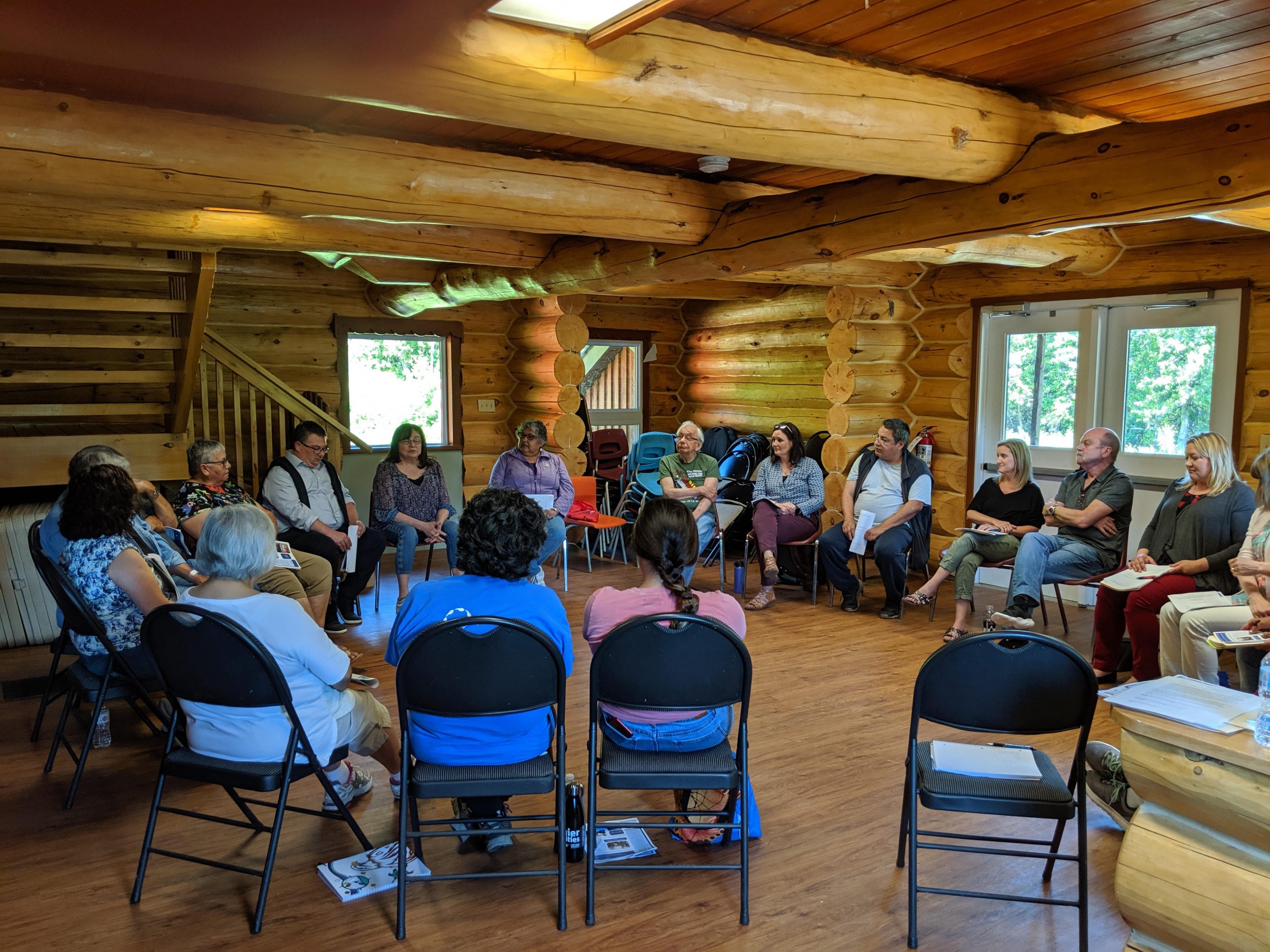Chicago, IL (June 2, 2021)– University of Minnesota’s Memory Keepers-Medical Discovery Team (MK-MDT) and CareBand announce they have been awarded National Institutes of Health (NIH) R21 research grant to establish a Lifespace performance metric for the monitoring and early detection of Alzheimer’s Disease and Related Dementias (ADRD) in Rural and Indigenous communities. This research will use the CareBand wearable to develop a new metric, called a lifespace performance (LSP) score, that will capture the amount, frequency, speed, and quality of movements (stability, falls, speed). The goal is to use LSP metrics to track cognitive decline from pre-clinical subjective cognitive complaints through all stages of ADRD among geographically and culturally diverse populations.
“Life-space” is the physical and social environment a person inhabits on a daily basis. It has been identified as a holistic indicator of physical and cognitive functioning among older adults who live and age in their communities. Research shows that low lifespace scores predict increases in physical decline, cognitive decline, rehospitalization, and morbidity. The new LSP score and subsequent research will contribute to health equity through improved early detection, diagnosis, and care for Rural and Indigenous populations.
The company is collaborating with The University of Minnesota Medical School, Duluth Campus – Memory Keepers-Medical Discovery Team (MK-MDT) and Dr. Sriraam Natarajan, University of Texas, Dallas. The investigators Drs. Wayne Warry (PI) and Kristen Jacklin are experts in Rural and Indigenous health equity. The study will be conducted in partnership with Wikwemikong Unceded First Nation and Grand Portage MN and the Arrowhead Area Agency for the recruitment of Indigenous and Rural persons with ADRD and their caregivers, respectively.
Read Related News:
- Memory Keepers Receive Grant to Optimize Early Detection of Alzheimer’s Disease
- Medical Discovery Team Awarded $7.5M to Improve Knowledge of Indigenous Cultural Understanding of Dementia Care
Learn more about the Memory Keepers Medical Discovery Team
Part 1:
Part 2:






